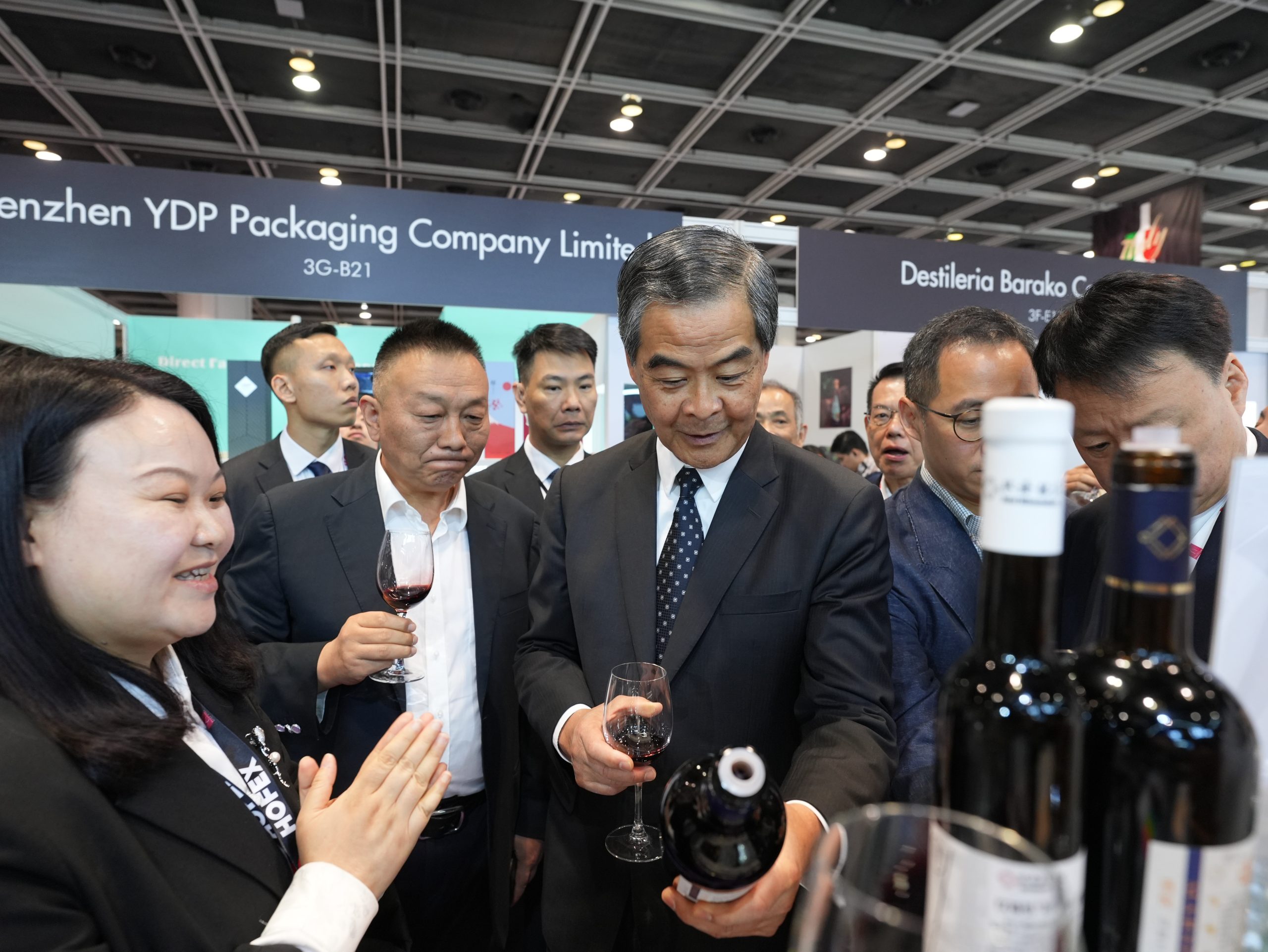Fosters split sparks bid speculation
Foster’s shareholders moved to officially approve the split of the group’s beer and wine operations with a unanimous vote in favour of the demerger.
Foster’s shareholders approved the demerger at an extraordinary meeting held on 29 April after almost 12 months of negotiations within the company.
Foster’s said it proposes to lodge the order with the Court of the Australian Securities and Investments Commission on 9 May.
Treasury Wine Estates will begin trading on the ASX on 10 May, Foster’s said in a statement, and the demerger will be completed on 20 May.
News of the vote immediately kick-started speculation over potential bidders for each side of the business.
The wine arm incorporates the Wolf Blass, Penfolds and Rosemount brands and vineyards from Hunter Valley near Sydney to California’s Napa Valley. Treasury generated sales of A$1.9 billion last year.
The beer arm, meanwhile, will remain the biggest brewer in Australia, with revenues of A$2.6bn.
Chairman David Crawford told investors the demerger would give the two businesses greater flexibility and focus, as well as allowing each to develop “an appropriate financial structure”.
The wine arm has commonly been regarded as the weak link at Foster’s, performing poorly in comparison to its beer operations.
Local wine prices have struggled, while the strength of the Australian dollar and high shipping costs have hit exports. Indeed, Rabobank recently reported that Australian wine exports to the UK fell 56% last year.
There has been plenty of speculation in recent months that both the beer and wine arms would become sought-after takeover targets following the demerger, with SABMiller particularly strongly linked with the beer operation.
Partner Content
However, analysts believe that the poor first-half performance could strongly dilute any interest.
Foster’s previously rejected an A$2.7bn offer for the wine arm, which includes brands such as Penfolds and Wolf Blass, from private equity group Cerberus Capital last September, saying the offer did not reflect the true value of the business.
It is expected that further bids will be forthcoming now the demerger has been finalised, though Asahi and Coca-Cola Amatil have already ruled themselves out from bidding for the Carlton & United Breweries (CUB) beer division, which is valued at around A$10bn.
Anheuser-Busch InBev, Heineken and Carlsberg have big debts after recent acquisitions and are considered unlikely to enter into any negotiations.
CUB is, however, probably one of the last remaining prime targets in a beer market which is rapidly consolidating around the world.
Theo Maas, partner at Foster’s shareholder Arnhem Investment Management, said: “People have looked at it quite closely. It is hard to see in a strongly consolidated beer market that this asset, which is one of the most profitable markets in the world, will stay independent.”
Treasury, meanwhile, will continue to focus its efforts on emerging markets in an effort to negate the damage of a declining US market.
Treasury head David Dearie said: “We see China in the medium- to longer-term being a really big opportunity and we’re right now looking for the best way to take advantage of the consumer demand.”
Alan Lodge, 04.05.2011




